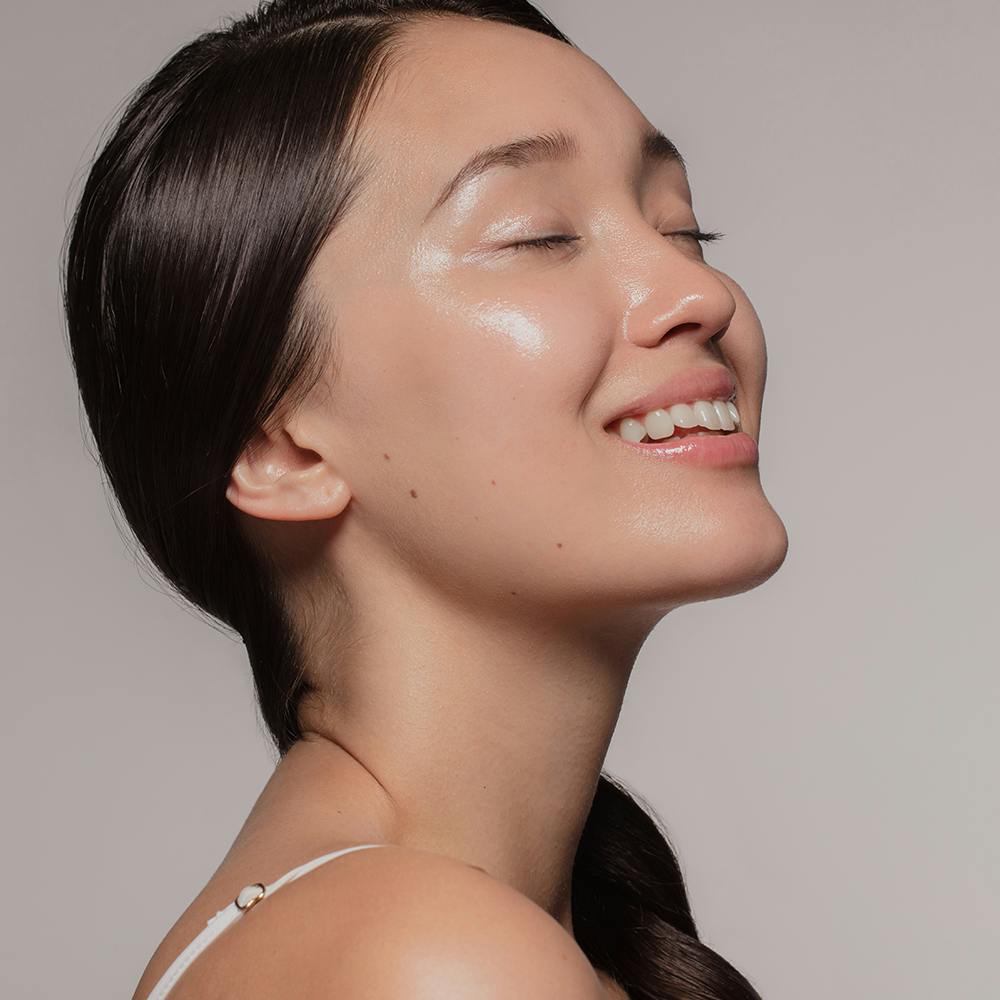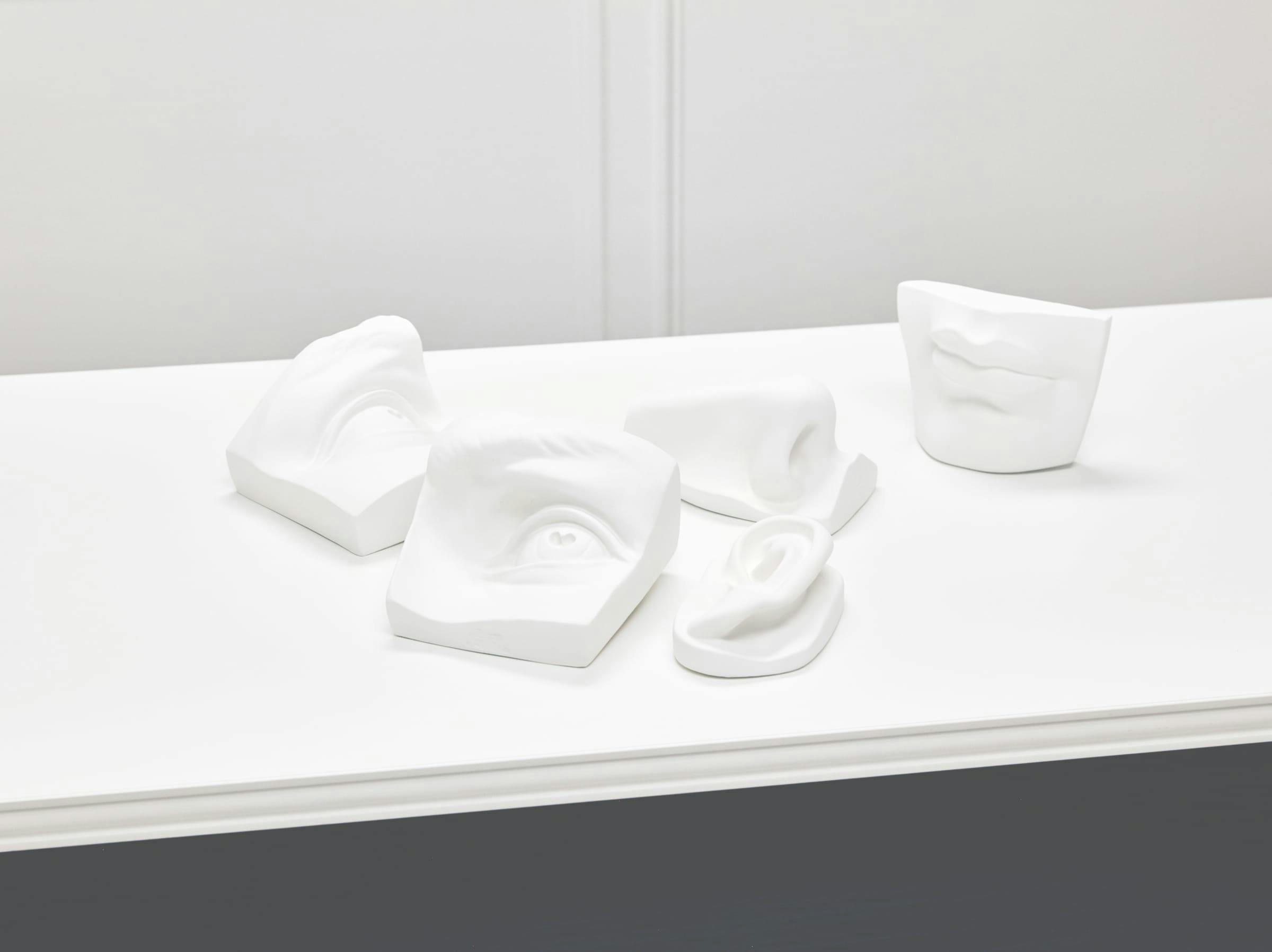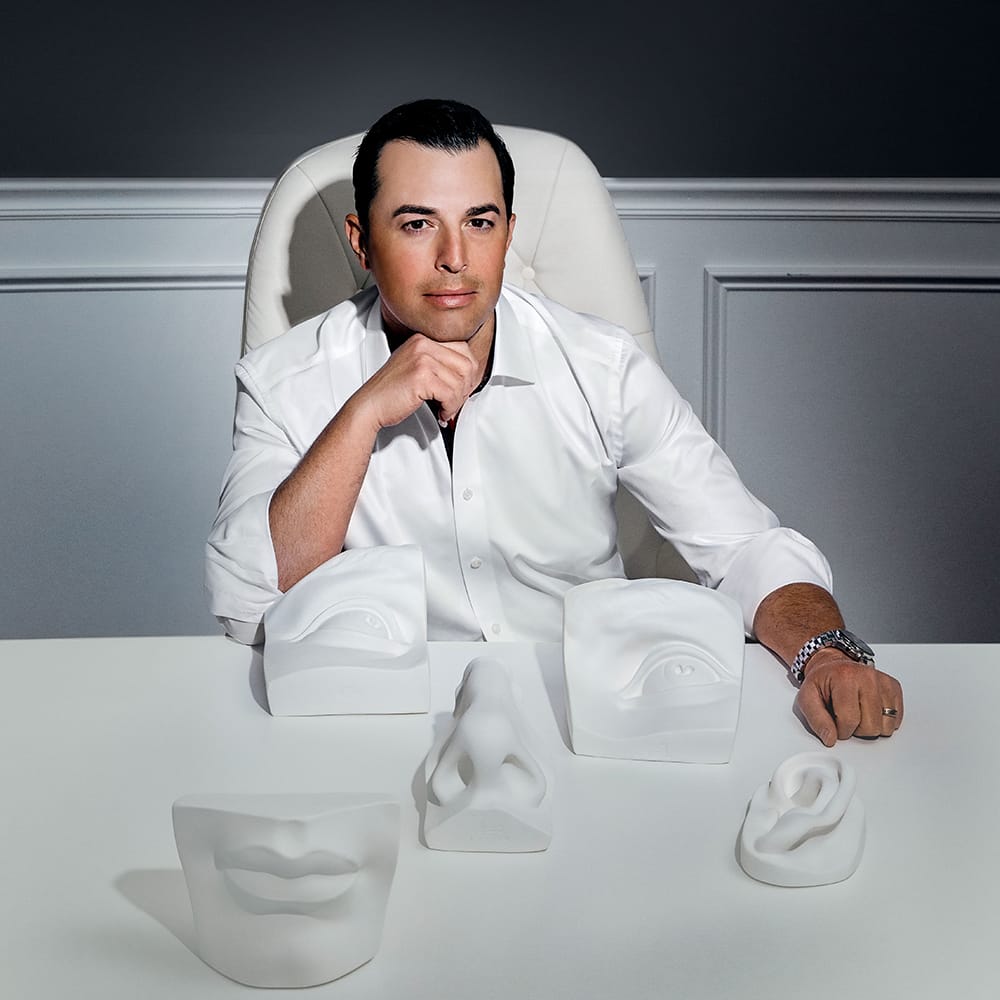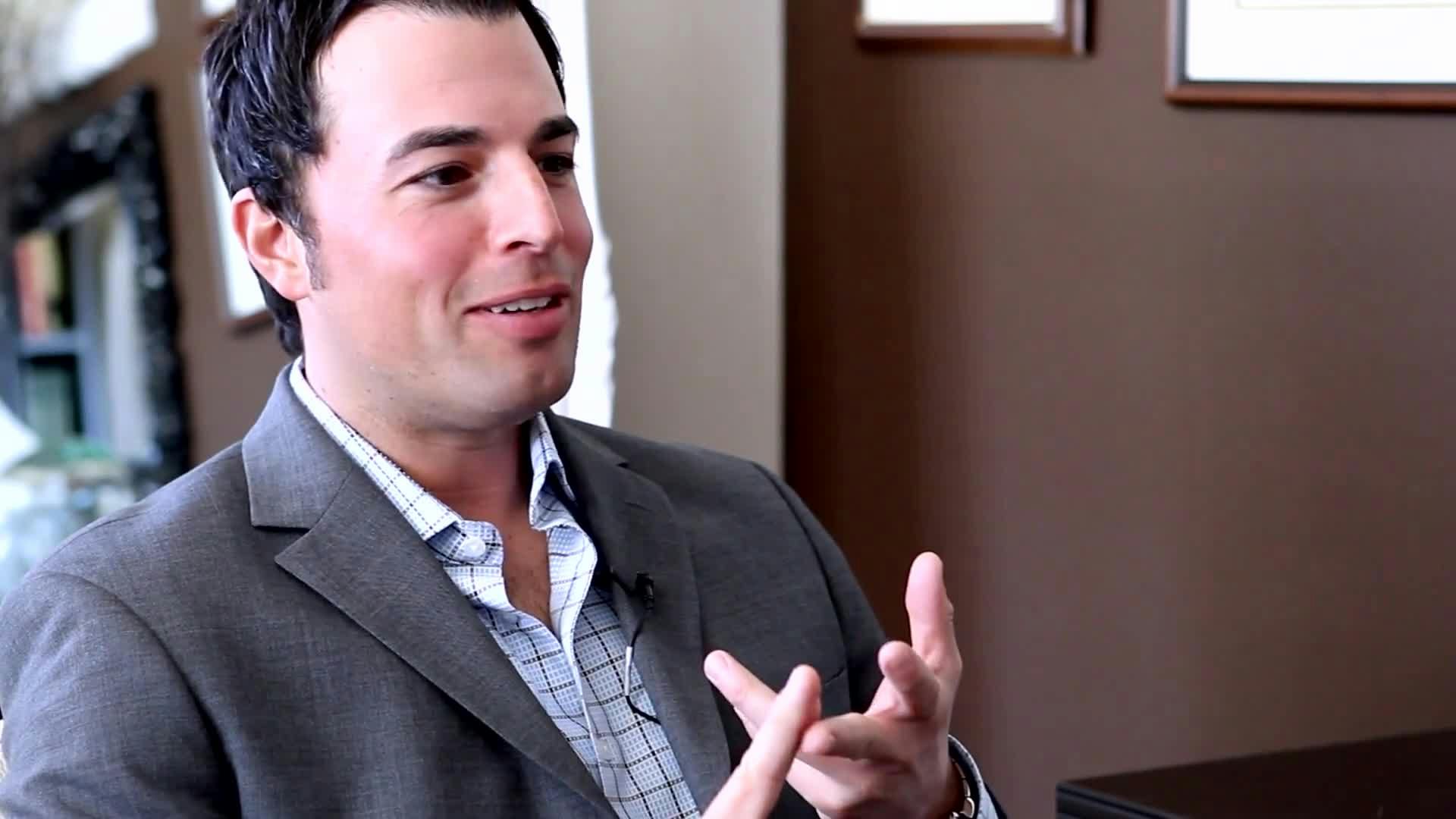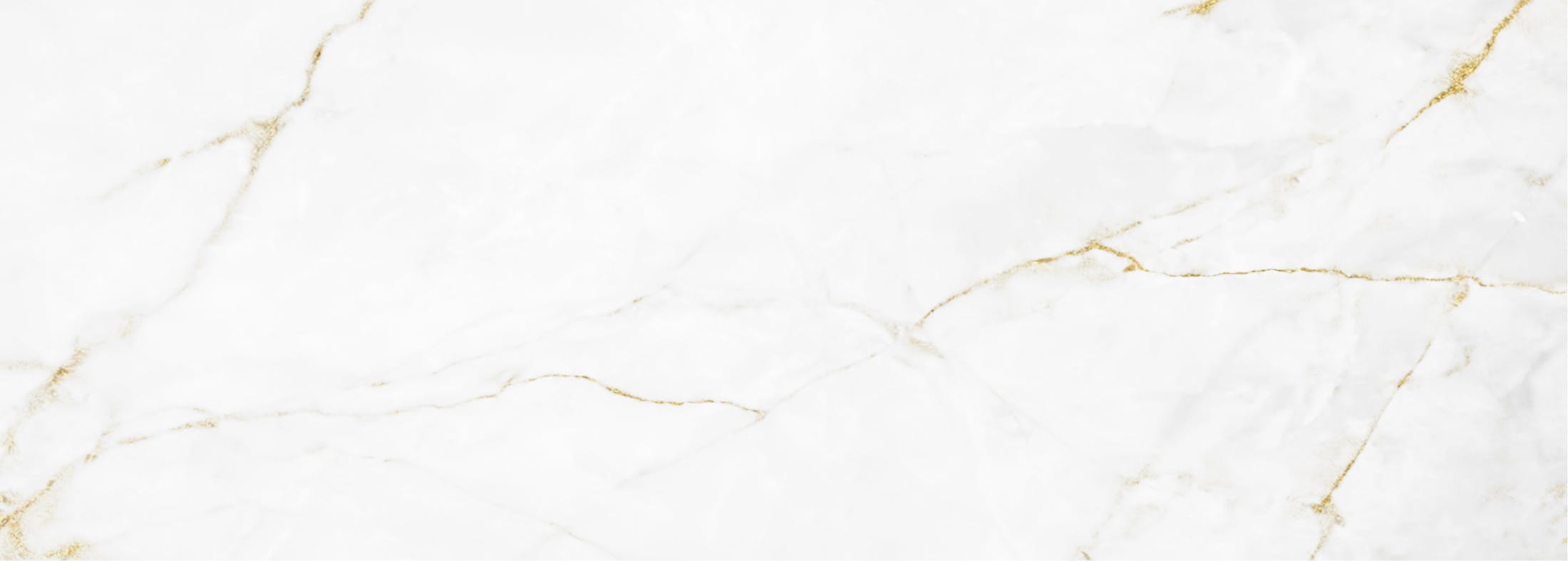When considering a chemical peel to rejuvenate your skin, understanding the recovery process, including when you can safely resume wearing makeup, is essential. Dr. Anthony C. Corrado, a triple board-certified facial plastic surgeon, brings a blend of art and science to his craft...
View MoreTypes of chemical peels
Many types of peels exist and are generally classified into superficial, medium, and deep peels, depending on how deep they penetrate. The deeper the penetration, the more aggressive the peel tends to be. Deeper peels provide greater resurfacing benefits but also carry a greater risk of complication.
Common chemical peels include glycolic acid, salicylic acid, lactic acid, Jessner’s solution, trichloroacetic acid, and phenol.
Chemical peels can be used to:
- Reduce fine lines under the eyes and around the mouth
- Treat wrinkles
- Treat certain types of acne
- Treat areas of sun damage
- Reduce age spots and freckles
- Improve the look and feel of skin that is dull in texture and color

